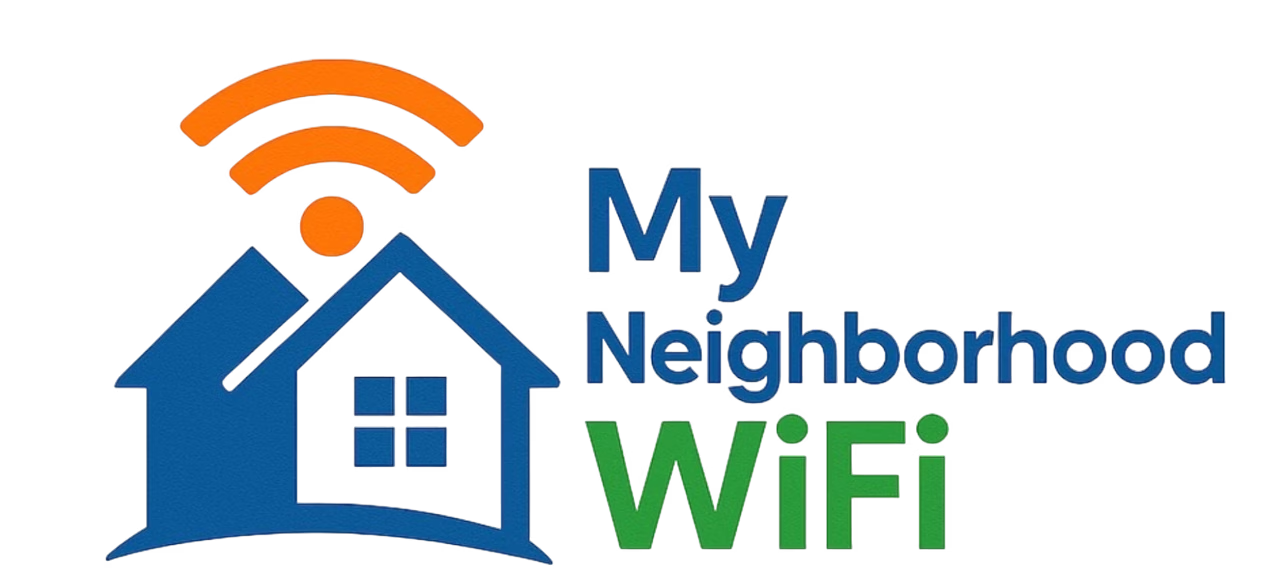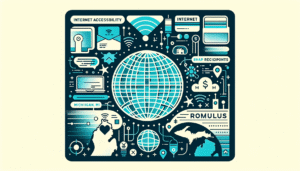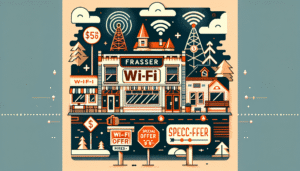
Best Internet Options to Unlock Seamless Streaming on Your Smart TV
If you’ve ever tried to watch your favorite show on your smart TV only to be interrupted by endless buffering, you know how frustrating unreliable internet can be. Choosing the best internet options for seamless streaming on your smart TV is about more than just speed—it’s also about stability, coverage, and making sure your entire household can enjoy their devices without slowdowns. Let’s dive into what really matters when setting up internet for smooth streaming, plus tips that work for any home setup.
Why Reliable Internet Is Essential for Smart TV Streaming
Streaming content in high definition—and especially in 4K—requires a stable and consistent connection. While you don’t always need the “fastest internet available,” you do need an internet plan and home setup that can deliver:
- Consistent speeds without major dips
- Reliable coverage across your home
- Low latency to prevent lag or buffering
- Capacity to handle multiple devices at once
A smart TV isn’t just for movies—it’s become a hub for gaming, video calls, and streaming music. That’s why setting up your home internet the right way pays off long-term.
Primary Internet Connection Types for Smart TV Streaming
1. Fiber Internet
Fiber is the gold standard for smooth streaming thanks to its symmetrical upload and download speeds, ultra-reliable connections, and the ability to handle multiple devices without hiccups. In most cases, it easily supports 4K or HDR content.
2. Cable Internet
Cable internet delivers solid performance, especially for households streaming video daily. While it may face slowdowns during peak hours in some areas, it generally provides plenty of bandwidth for streaming platforms on smart TVs.
3. DSL Internet
DSL is often slower compared to fiber or cable, but in areas without alternatives, it can still provide enough speed for HD streaming if only one or two devices are using it simultaneously.
4. Fixed Wireless Internet
Fixed wireless works by beaming internet from towers to homes. It can be a good alternative in suburban or rural areas, although performance may vary depending on terrain and weather.
5. Satellite Internet
Satellite internet has improved in recent years, especially with newer low-orbit technologies. It can support streaming but sometimes introduces more latency, which may affect fast-forwarding or skipping ahead on shows.
How Much Internet Speed Do You Really Need?
The exact speed you need depends on the resolution you want to stream and how many devices are online at the same time. According to Wikipedia, streaming services typically require minimum speeds for smooth playback:
| Quality | Recommended Speed |
|---|---|
| Standard Definition (SD) | 3 Mbps |
| High Definition (HD) | 5-10 Mbps |
| 4K Ultra HD | 15-25 Mbps |
Keep in mind these numbers are per stream. If multiple people stream at once, the speeds add up. For households with multiple TVs and devices, you’ll want a plan with more bandwidth.
WiFi Setup vs. Wired Connection for Smart TVs
Advantages of WiFi
- Convenient—no cables across the living room
- Recent WiFi standards like WiFi 6 stabilize streaming across multiple devices
- Flexible—easy to move the TV without re-wiring
Advantages of Ethernet (Wired)
- No interference from walls or neighbors’ WiFi
- Stable, consistent speeds (great for 4K)
- Less buffering with wired connections
If your smart TV setup allows it, plugging into Ethernet directly is always the most reliable option. But if not, optimizing your WiFi setup matters.
Optimizing Your Home WiFi for Seamless Streaming
Even the fastest internet plan won’t help much if your WiFi network isn’t set up properly. Here are ways to ensure your smart TV gets a strong signal:
- Router Placement: Keep your router in a central, open location in your house.
- Mesh Systems: Consider a mesh WiFi system if you live in a large home to eliminate dead zones. See discussion threads on Reddit for real-world user experiences.
- Dual-Band & Tri-Band WiFi: Use modern routers that support both 2.4GHz and 5GHz bands. The 5GHz band typically provides smoother streaming with less interference.
- Device Prioritization: Some routers allow you to prioritize devices, giving your smart TV first dibs on speed.
Tips to Reduce Buffering While Streaming
- Close other apps or devices that may be hogging bandwidth.
- If possible, downgrade the resolution temporarily (e.g., from 4K to HD) when internet gets overloaded.
- Restart your router occasionally to keep performance consistent.
- Check updated discussions on Quora for practical advice from other streamers.
Smart TVs and Streaming Apps: The Hidden Internet Demands
It’s not just about TV shows anymore. Smart TVs now run a wide range of apps:
- Gaming apps that need low latency
- YouTube streams in 4K UHD
- Multiplayer watch parties or co-viewing apps
- Karaoke apps that rely on minimal lag
The more you use your TV as a smart device, the more important stable internet becomes.
Should You Upgrade Your Internet for Seamless Smart TV Streaming?
If you notice any of these issues, it may be time to upgrade your plan or hardware:
- Frequent buffering during streaming, even in HD
- Difficulty maintaining smooth 4K playback
- Multiple household members complaining about video performance
- Dead zones in certain rooms of the house
Community Insights on Smart TV Streaming
Sometimes, the best advice comes from people who face the same challenges. Communities on Reddit’s cord-cutting forum regularly discuss streaming issues, hardware recommendations, and setup tips. User-generated video guides on YouTube also showcase router setups and before-and-after comparisons of internet choices.
Key Takeaways for Choosing the Best Internet for Smart TV Streaming
- Fiber internet is the best overall option if available, thanks to its reliability and speed.
- Cable internet is a strong alternative for most households.
- Optimize your home setup with mesh WiFi or Ethernet for best results.
- Know your household needs—consider multiple simultaneous streams when choosing a plan.
Final Thoughts
Investing in the right internet option for your smart TV pays off in endless ways—no buffering interruptions, crystal-clear 4K visuals, and a better entertainment experience for the whole family. Whether you’re binge-watching a new series, gaming with friends, or hosting a movie night, seamless streaming starts with the right connection.
“Most inquiries are answered within the same day”
Written by admin
Content writer and tech enthusiast sharing insights on internet connectivity.



